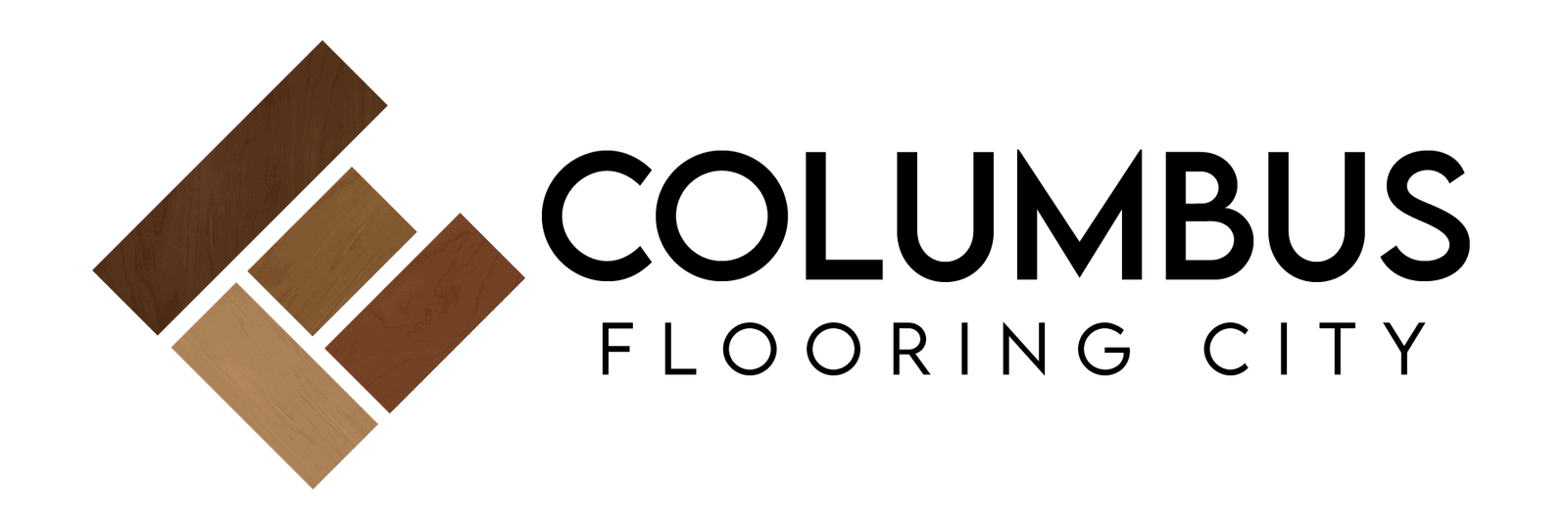Recreating your home floor during home renovation offers you many options. Home flooring is indeed the most incredible and appealing outcome. Around the globe, many flooring options are available, but vinyl flooring is available at low prices. This vinyl flooring guide will explore the numerous benefits of vinyl flooring and why it might be the ideal solution for your next flooring project. From its exceptional durability and waterproof properties to easy maintenance and cost-effectiveness, vinyl flooring offers a range of advantages worth considering.
What is vinyl plank flooring?
Before digging into the benefits of vinyl flooring, let’s briefly introduce it.
Vinyl flooring is a synthetic material that replicates the look of natural materials like wood or stone. It is durable, versatile, and affordable. There are different types of vinyl flooring, and it comes in various forms, including sheets, tiles, or planks, and offers a wide range of design options. It is waterproof, easy to maintain, and provides comfort underfoot.
Vinyl flooring is excellent for high-traffic areas and spaces prone to moisture. With its realistic appearance and durability, vinyl flooring is a popular choice for residential and commercial applications.
Benefits of Vinyl Flooring
It is crucial to ensure your home has the appropriate flooring since, without even realizing it, it is the first thing guests notice when they enter a space and unify it. Each room’s flooring should be elegant without sacrificing usability or affordability, so vinyl is a perfect choice.
-
The durability of Vinyl Flooring
One of the most significant benefits is the durability of vinyl flooring. Vinyl is a man-made substance renowned for being resilient and strong, making it perfect for high-traffic areas in both residential and commercial settings. Vinyl floors are designed to withstand heavy foot traffic, making them suitable for busy households, offices, schools, and retail spaces.
Vinyl flooring is constructed with multiple layers that contribute to its durability. The wear layer on top provides resistance against scratches, stains, and daily wear and tear. The printed design layer, which may simulate the appearance of different materials like wood, stone, or tile, is underneath the wear layer. Additionally, the core layer adds stability and strength to the flooring.
-
Waterproof Vinyl Flooring
Another standout feature in the benefits of vinyl flooring is its exceptional waterproof properties. Vinyl is incredibly moisture-resistant, unlike hardwood or laminate flooring, which can be vulnerable to water damage. It is great for spill-prone locations like kitchens, bathrooms, and basements.
Vinyl flooring is inherently water-resistant, thanks to its synthetic composition. Its moisture-resistant qualities help prevent the growth of mold and mildew, making it a hygienic and healthy flooring option for any room in your home. With vinyl flooring, you can have peace of mind knowing that accidental spills or pet accidents will not damage or stain your floors.
-
Abundant Variety
Luxury vinyl planks exist in ample variety. Following are the choice from which you can easily opt for the best option
- Wood
- Marble stone
- Decorative vinyl tiles
- Concrete
- Parquet
All of these looks provide an appealing thought to visitors. Due to the wide variety, vinyl is becoming a thought-provoking choice among homeowners.
-
Alluring Appearance
One of the main reasons behind vinyl plank flooring is its ability to hold onto many alluring visuals. Designs, patterns, prints, and styles on vinyl planks are unimaginably authentic. It gives your floor deeper and borders aesthetic appeal.
Vinyl plank flooring is resilient flooring. It supplies high-quality illustrations that no other flooring can ever provide.
-
Easy Maintenance of Vinyl Flooring
Another one of the major benefits of Vinyl flooring is its low maintenance requirements, making it an attractive choice for those seeking hassle-free flooring solutions. Regular maintenance for vinyl floors involves simple cleaning routines that can easily be incorporated into your daily or weekly schedule.
To keep your vinyl floors pristine, you only need regular sweeping or vacuuming to remove dirt and debris. Additionally, occasional mopping with a mild detergent and warm water will help maintain their shine. Vinyl floors are resistant to stains, so spills can be wiped away effortlessly without leaving any lasting marks. Easy maintenance of vinyl flooring saves time and effort, allowing you to enjoy your beautiful floors without the stress of constant upkeep.
-
The versatility of Vinyl Flooring
One of the most appealing aspects is the versatility of vinyl flooring in terms of design and style options. Vinyl can mimic the appearance of various materials, including hardwood, stone, ceramic tile, and more. Advanced printing and embossing techniques allow the vinyl to replicate the texture, grain patterns, and even subtle imperfections in natural materials.
With vinyl flooring, you can achieve the desired aesthetic for any room in your home. Whether you prefer hardwood’s rustic charm or stone’s sleek elegance, vinyl offers a wide range of design choices to suit your taste and complement your interior décor. Furthermore, vinyl comes in different formats, including planks and tiles, offering further versatility in installation options.
-
Cost-Effectiveness of Vinyl Flooring
Vinyl flooring stands out as a cost-effective solution for those on a budget. Compared to other flooring options, such as hardwood or natural stone, vinyl is significantly more affordable while providing a similar aesthetic appeal. This makes it an excellent choice for homeowners looking to enhance their space without breaking the bank.
Not only is vinyl flooring budget-friendly regarding upfront costs, but it also offers long-term savings. Its durability and low maintenance requirements mean you won’t have to worry about frequent repairs or replacements. Vinyl floors are designed to withstand wear and tear, making them a cost-effective investment for years.
-
Comfortable and Convenient
Vinyl plank floors provide a more convenient and comfortable feel underfoot. Vinyl sheets are relatively thicker in size and ensure a carefree walk. As it is moisture-resistant—these features make it worth selecting for all places of your home.
According to the latest analysis, most selling vinyl flooring is wood-core vinyl floors. A rigid core is made up of either wooden or plastic composite material. This variability provides a great look, just like pure wood. Selecting the right floor is undoubtedly an overwhelming task.
Pros and Cons of Vinyl Plank Flooring |
|
| Pros | Cons |
| Elegant like hardwood | Not actually feels like hardwood on touch |
| Myriads of colors, designs, and textures | Release volatile organic compounds with time |
| Available in a wide variety of width and lengths | Non- biodegradable |
| Suitable for any room | Colors fade in direct sunlight exposure |
| Easy installation, usually follow floating structure or click-lock strategy | To quality, vinyl plank flooring is costly |
| Top-notch flooring when compared with engineered wood or hardwood | Quickly develops scratches and dents |
| Easy to clean and maintain | Cannot be easily repaired on damage |
| planks are 100% waterproof | Difficult to remove and replace |
| Excellent quality vinyl planks are fantastic for both commercial and residential purposes | Needs proper subfloor preparation |
Conclusion
Vinyl flooring offers many benefits, making it a compelling choice for homeowners and businesses. Its durability, waterproof properties, ease of maintenance, versatility in design, and cost-effectiveness make it a standout flooring solution. They are also easy to install. To know more about the installation, read our vinyl flooring installation guide.
Investing in vinyl flooring means investing in a long-lasting, low-maintenance, and visually appealing solution that can transform any room. With its remarkable features and advantages, it’s no wonder that vinyl flooring has gained popularity as a go-to option for those seeking a practical and attractive flooring choice. So, consider the benefits of vinyl flooring and take a step towards enhancing your space with this versatile and cost-effective option today.
FAQs
What are vinyl flooring’s benefits and drawbacks?
The pros of vinyl flooring include its durability, water resistance, easy maintenance, versatility, and cost-effectiveness. On the other hand, some cons of vinyl flooring include its potential for off-gassing, limited eco-friendliness, and the possibility of visible seams in certain installation methods.
Is vinyl flooring good or bad?
Vinyl flooring is widely regarded as a good option due to its numerous benefits, such as durability, water resistance, easy maintenance, versatility, and cost-effectiveness. However, like any flooring material, it has limitations and considerations that need to be considered based on individual preferences and needs.
Why is vinyl flooring better than tile?
Vinyl flooring offers several advantages over traditional tile flooring. It is softer underfoot, providing a more comfortable surface to walk on. Vinyl is also more durable, easier to install, and more resistant to moisture and stains than tile. Additionally, vinyl flooring can replicate the look of the tile while offering enhanced warmth and sound insulation.
Is vinyl flooring waterproof?
Yes, vinyl flooring is waterproof. Its synthetic makeup and design make it water resistant, ideal for damp and spill-prone locations like bathrooms, kitchens, and basements. Vinyl flooring provides a waterproof barrier that helps protect against damage caused by water infiltration.

